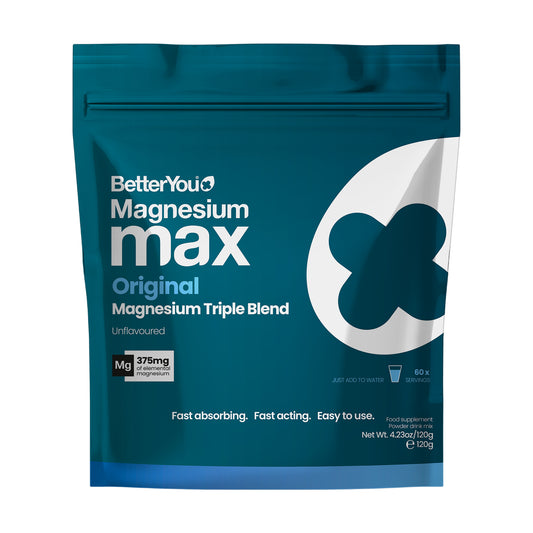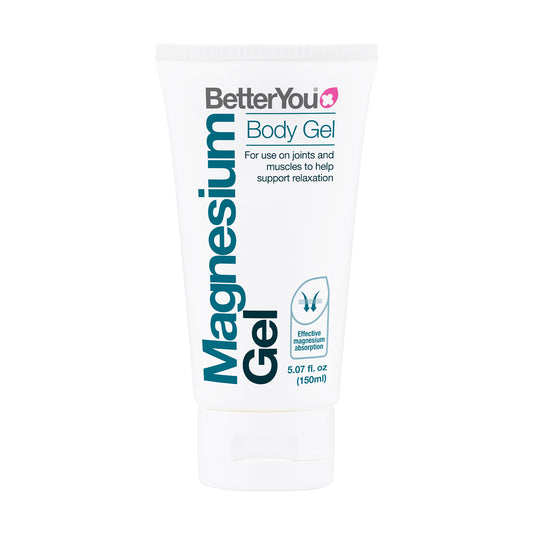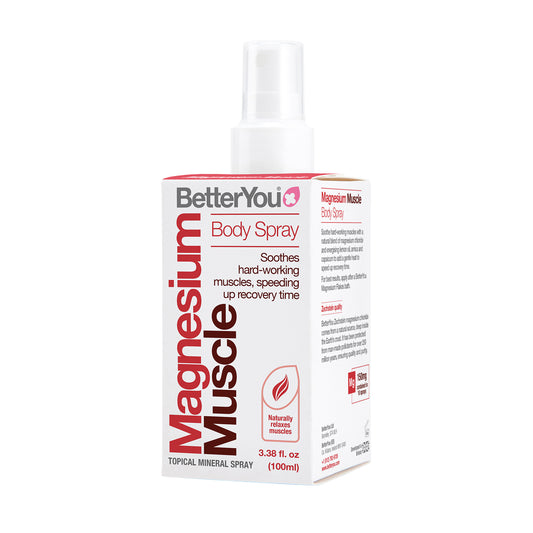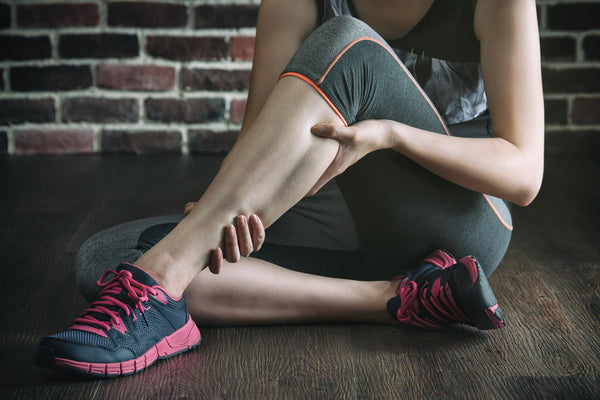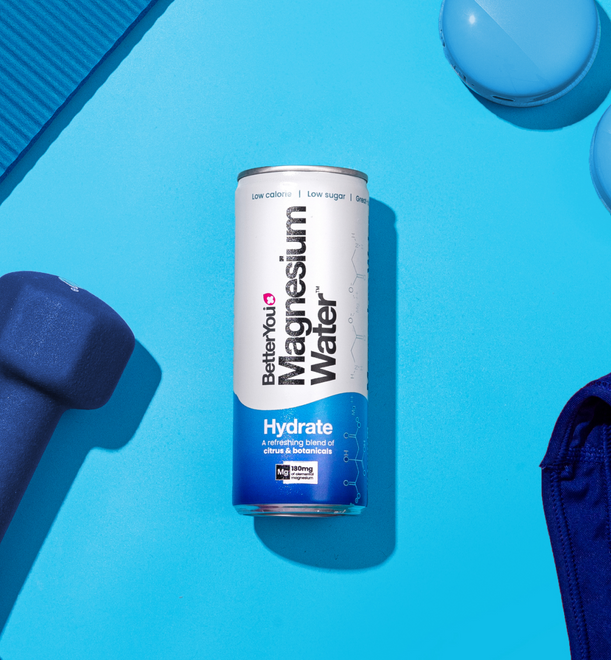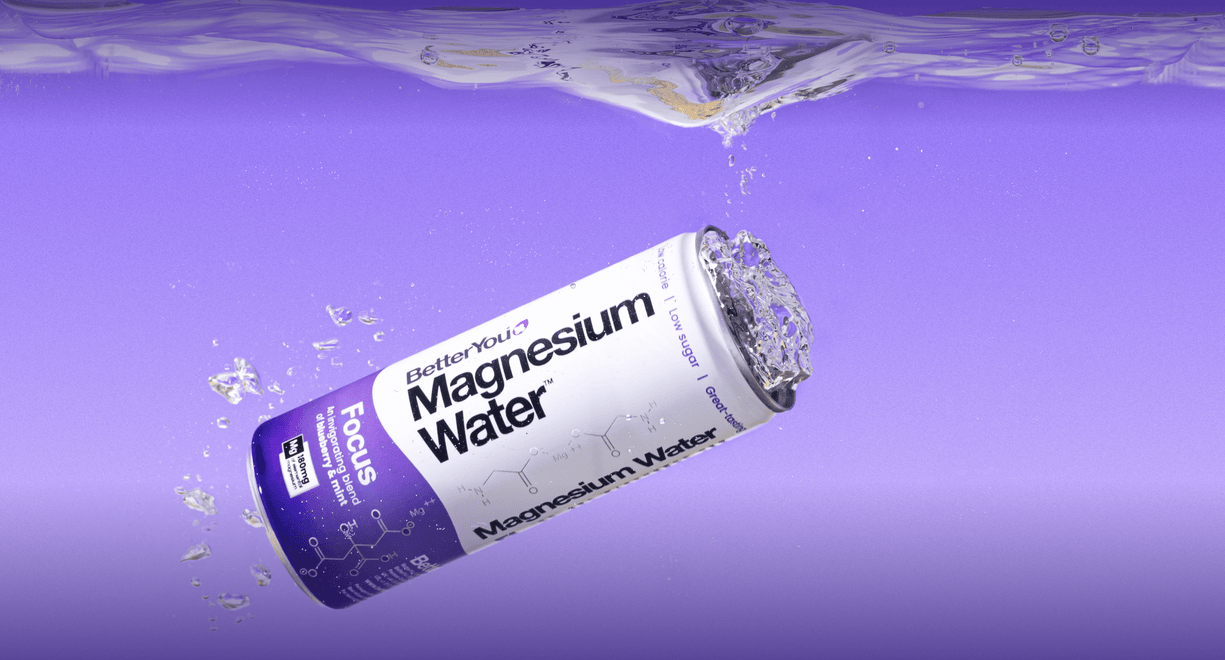Exercise is top of mind in January. However, with physical activity comes the aches and pains that can leave us struggling to walk, go up and down stair or even sit on the toilet!
So how can you stop injuring yourself? We recently commissioned a survey of 2,000 gym goers to better understand the reasons why the ‘go hard or go home’ mentality is resulting in injuries up and down the country and find out how they can be prevented.
5 Tips to Prevent Injuries After Workouts
Warm up and cool down properly
The study found that two thirds of participants forget to conduct a proper warm up, cool down and stretch routine during workouts. Sixty per cent confessed they didn’t know how to carry out such a regime safely without hurting themselves. As a result, two fifths agreed failing to warm up properly is a common cause of aches and pains.
Get some sleep
Over two thirds agreed that a lack of sleep can also be the possible cause of injury, with 43 per cent saying they will often try and get a better night’s kip when they have hurt themselves following exercise.
Don’t succumb to peer pressure
Participants confessed that peer pressure from friends to be fitter was a reason they pushed themselves too hard resulting in injury. Others pushed harder to be better than fellow health buffs and some tested their boundaries in a bid to impress.

Give yourself recovery time
Just under three quarters said recovery is important to them, but just over a third will treat their aches and pains with rest. One quarter believe they don’t need to give themselves rest days with one sixth in fear of losing their fitness levels if they take time off.
Supplement magnesium
Poor sleep patterns, muscle tension and aches and pains are all symptoms of a potential magnesium deficiency. This powerhouse mineral is vital for anyone carrying out any kind of exercise routine.
Many of us are time poor and yet recovery is essential to ensure that we can hit the next exercise session sooner and harder.
Magnesium is crucial to help speed up recovery by helping you improve muscle function and flexibility, maintain electrolyte balance and reduce fatigue. It’s also vital for skeletal strength and energy production, and will help you to sleep well after your workout through its ability to relax muscles.
Seven in ten of us suffer from low levels of magnesium. It’s a fact that we don’t get enough from our daily diet, and so a supplement that gets straight to where it’s needed is the way to recharge our systems.
Supplementing magnesium transdermally (through the skin) is a superior way to absorb this mineral, and has been proven to work five times faster than tablets. As it’s absorbed through the skin, it bypasses the digestive system straight into the body tissue providing a fast and effective dose directly to where it’s needed.
